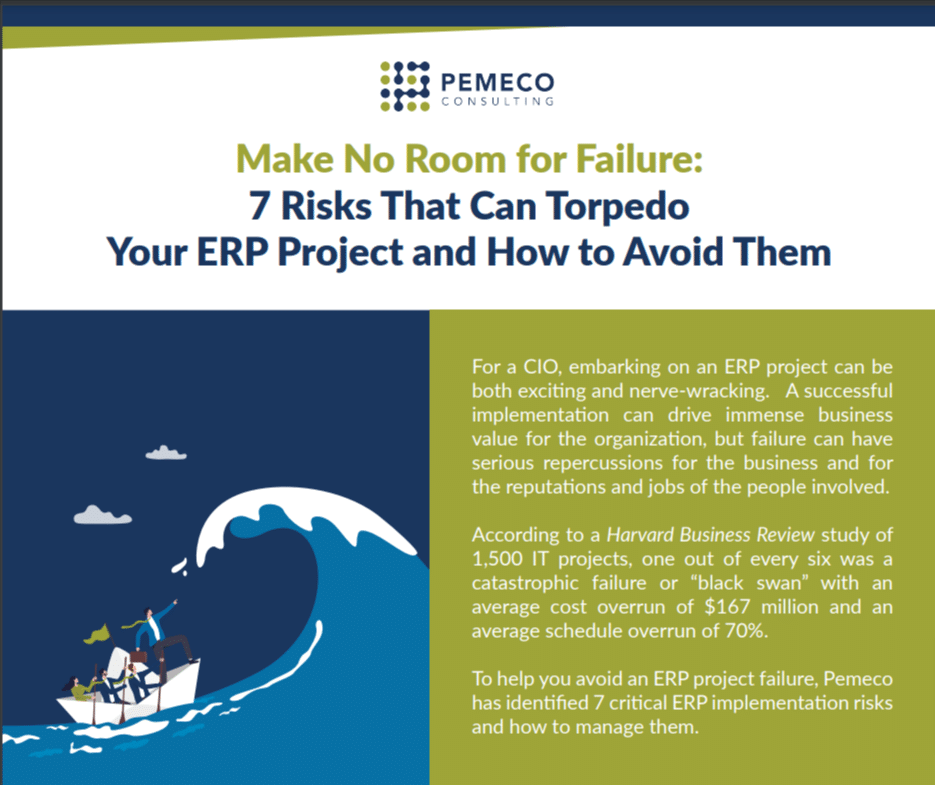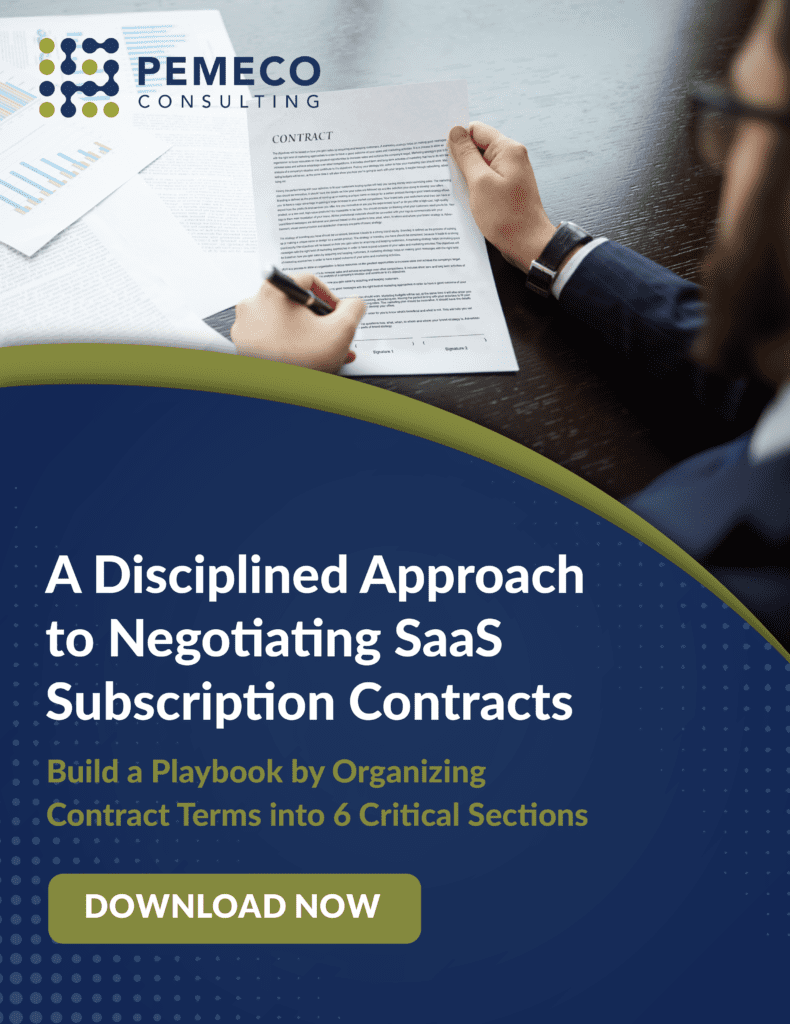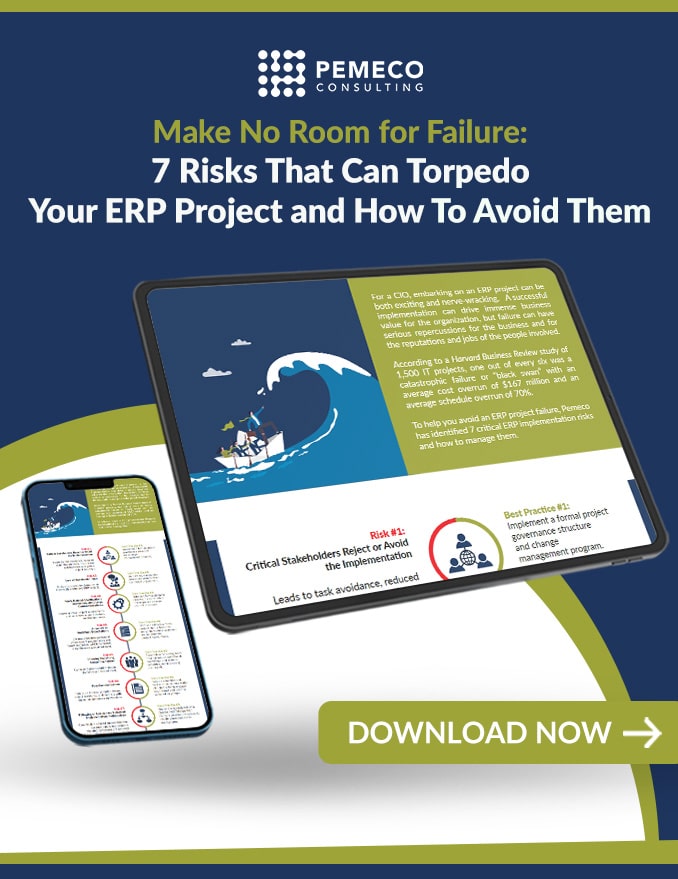This week, I identify potential pockets of change resistance and discuss how an effective communications plan can be used to drive ERP change management to diffuse potentially fatal project resistance.
Tip #14: Change Resistors and ERP Change Management
Having completed the blueprint whitepapers, you should now have a fairly good idea of what your business’ future operating environment will look like. With this new-found clarity, it is time for you to lead your organization into the future. This stage of the implementation project is all about leadership. It is where the great project managers separate themselves from the pretenders. To earn a spot in the “great project manager” category, you need to first secure project support from key stakeholders. If key stakeholders won’t support you or the project, you can be sure they won’t follow you down a path that they perceive to be treacherous. In fact, many resistors will hold the project back; in some cases sabotaging the project. To secure stakeholder support, you first need to identify potential pockets of resistance. Resistance can lurk throughout all organizational ranks. Common examples include:- A union that objects to revised job duties that fall outside of the collective agreement;
- Employees who are afraid of or do not want to learn new processes and systems;
- Managers who object to donating their “A-players” to the implementation team; and
- Executives who stand to lose performance-based incentives because of short-term disruptions caused by the implementation project.
Your POV (post comments below)
- Where have you encountered resistance to change?
- How has change resistance jeopardized your project?
- Which ERP change management techniques have you used to overcome resistance to change?






